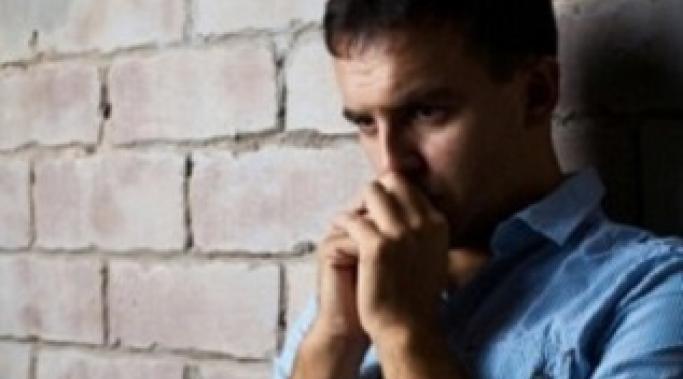Blogs
There is so much pain in self-stigma, especially when it comes to our body image and looking in the mirror. We often hate ourselves because we have a mental illness, not realizing that we are not a terrible embodiment of our illness. We are simply people that have struggles and face unique challenges stemming from our mental illness. For example, being tired all the time, being overweight because of medication, and even being unable to work. We seem to give up on the belief that one day things will be better and fail to trust that others will understand us. I have learned that life has many surprises in store for us and, at times, we may just get to understand that we are not exactly what we see in the mirror.
I once had a therapist whom I admired, respected, and trusted who observed during a particular session that I have an anxious personality. Hmm. What, I wondered, did that actually mean? Is that better than the anxiety disorders I had previously been diagnosed with? Or was it worse, because “disorder” implies that something can be improved, whereas a personality is just what it is? Of course my anxiety skyrocketed and I set out to discover what personality has to do with anxiety.
Does the term meditation make you instantly seize up? I do. I'm guessing I'm not alone on this one.
And yet meditation really can help ease the symptoms of anxiety and other various mental health issues, including the common one of struggling with focus. Hmm. What to do? How about making the act of meditating easier and shorter? Short is good.
With the change of seasons to fall, I recently found myself in the grip of depression, yet again. First I noticed that my concentration seemed dulled and my motivation slowed. I started sleeping more and found it harder and harder to get out of bed. Soon, my lethargic body felt heavy and clumsy; my energy level plummeted. I felt empty, shut off from life around me. Daily functioning felt like swimming against the tide.
Hi, I am Vanessa Celis and I consider myself a loving and compassionate person. You can usually find me reading or writing prose and poetry. I identify as pansexual and support the lesbian, bisexual, transgender and questioning (LGBTQ) community one hundred percent. I'm Hispanic, vegan, a feminist, and a lover of animals.
I also suffer from depression and anxiety, but I am trying my best to not let it define me.
Stress and bipolar disorder don’t mix. In fact, stress and illness, in general, don’t mix. It pretty much doesn’t matter why you’re sick, it’s well known that your illness can get worse when you’re put under stress (Mental Illness, Stress, ... and Relapse). What does this mean for bipolar? Well, when I’m stressed I have experienced greater symptoms of hypomania and/or greater symptoms of depression depending on the type of stress.
Greetings! My name is Charity Barrett and I am eager to start posting in the Work and Depression or Bipolar blog. I am passionate about participating in things involving the mental health community because it is too often overlooked, underestimated and misunderstood and I struggle with depression myself.
This week my life closely resembles one of those old country and western songs. You know the ones. Basically everything that could go wrong has, and even the dog doesn’t want to get close to me.
I’m sitting alone in my four bedroom home, contemplating the condition of my life and wondering just where this is taking me.
I’m very fortunate that I have people in my life, specifically my wife and kids, who truly love me. They love me enough to tell me I need help and they want me to get it. Until I do, they’ve decided that for their own well being, they think living apart from me is the best thing for them right now.
As of this writing, I live with my wife. But before I lived with her, I had a variety living situations, including living alone and with a roommate. Anxiety and panic attacks occurring at home are fairly common for many of us with anxiety disorders and disorders don’t much care what your personal living situation is.
Panic and anxiety attacks in public present a special kind of frustration because, in addition to the attack, we have to deal with the embarrassment of being sick in public. Even during my worst panic attack in a public forum, I was still concerned with what others thought of me and whether or not they were judging me.
I became suicidal while on active duty in the Army. What happened next was a classic example of how not to help a suicidal person.








